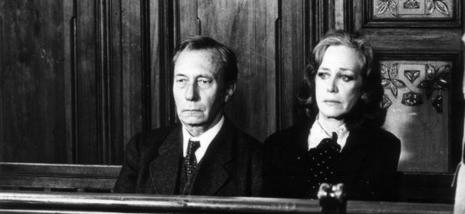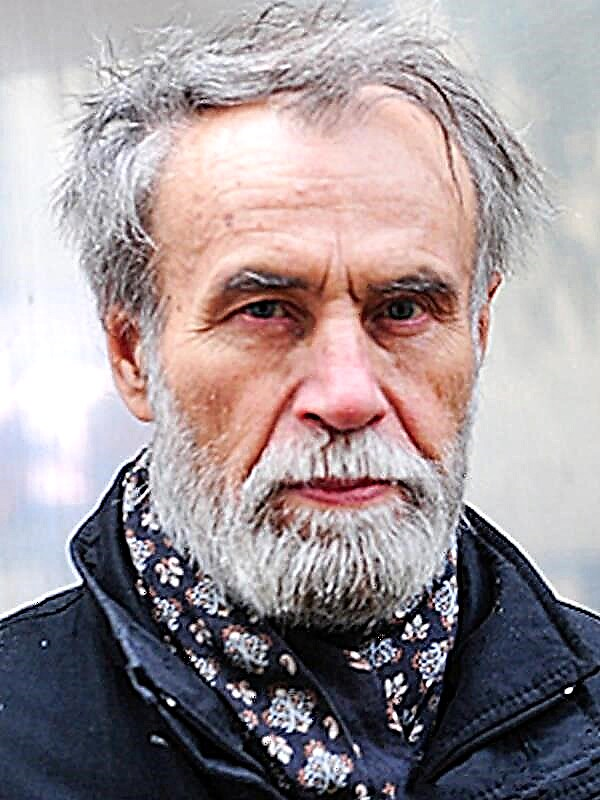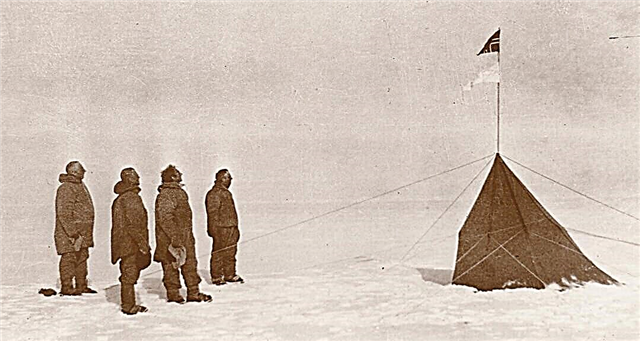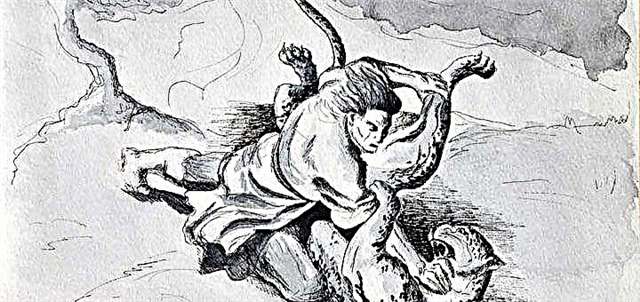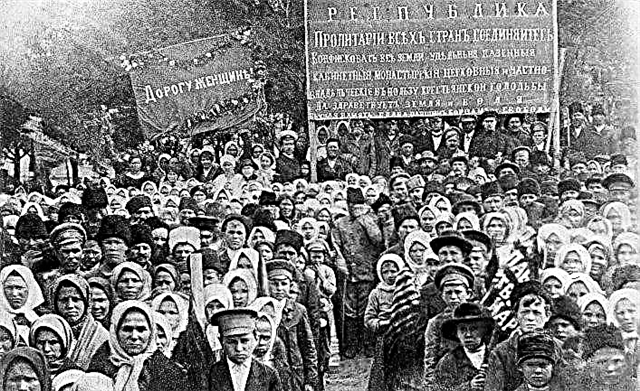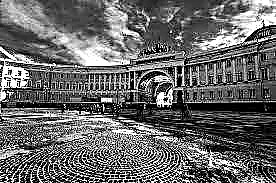The action takes place in France in 1942. Several men and a boy of about fifteen are sitting on a bench, anxiety and fear are on everyone's face, they were all seized right on the street and brought here by German soldiers. Detainees are guessing - what is it, a document check or something worse? The artist Lebo measured the nose right on the street. Catch the Jews? He himself suggests that all of them will most likely be sent to forced labor in Germany. Worker Bayard heard that recently in Toulouse they have been raiding Jews. What happens to them afterwards? Sent to a concentration camp?
Actor Monceau, a cheerful young man, shakes his head incredulously. What does the concentration camp have to do with it? A lot of people go to work in Germany voluntarily - everyone gets a double ration. But Bayard shakes his head: cars with people are locked, from there the stink beats in the nose - volunteers aren’t locked up like that.
Marchand, a well-dressed businessman, keeps a squeamish, does not take part in the general conversation and often glances at his watch. Seeing in the corridor of Major and Professor Hoffmann, he declares that he must be the first to enter the office, because he is in a hurry to the Ministry of Supply. He is allowed to do this.
The discussion resumes. The gullible Monceau still draws bright prospects: his cousin was sent to Auschwitz, and he writes that he is very pleased, he was even taught to put bricks there. Bayar winces: you can’t trust the Nazis, it’s better not to have any business with them.
Among the detainees is Prince von Berg. This is bewildering for everyone, especially the psychiatrist Ledyuk. Tom always thought that the aristocracy supported any reactionary regime. Von Berg calmly explains to him that, of course, some support, but many value their name, family and do not want to disgrace their collaboration. Fascism is the greatest explosion of rudeness, and at least therefore cannot find allies among real aristocrats. Refined people cannot persecute Jews, turn Europe into a prison.
The cabinet door opens, Marching out, backing out, Marchand, he holds a pass in his hand. The detainees became hopeful - after all, Marshan was clearly a Jew, but he was nevertheless released.
Monceau advises everyone to stay more confident, not to look like a victim - the Nazis have a special scent for the doomed. We must make them believe that you are not an outcast.
But the Marxist Bayard believes that to adapt, dodge - it is shameful. The damned bourgeoisie sold France, let the fascists in, wanting to destroy the French working class. To feel strong, one must rely on advanced communist ideology.
Ledyuk is trying to argue with Bayar: can ideology help when you are tortured, cause physical pain? And von Berg, with his eyes wide open, immediately asks: Are most of the Nazis not workers? The aristocrat, unlike Bayard, relies on the person - only a strong person cannot be fooled by a false idea.
Called after Marshan Bayar and the waiter do not return back, There is a rumor creeping among the detainees that everyone is forced to lower their trousers in their office - they check if they are circumcised, and if you are a Jew, they are sent to a concentration camp and burned in an oven.
Decisive Ledyuk suggests trying to escape, he is supported by Lebo and the boy whom his mother sent to lay a wedding ring in a pawnshop.
The procedure for checking documents and subsequent inspection is carried out by a major, captain and professor. The captain and professor are complete anti-Semites, and they have no doubt about the correctness of their own actions. The major is new to this business, he has just arrived from the front, and he is clearly shocked by what he is going to do. Realizing that the detainees had planned an escape, he warns Ledyuk that they are not guarded at all by one hour, as they supposed, that there is also an armed guard on the street.
People gradually, one by one, disappear behind the doors of the office. Only Leduc and von Berg remain in the cell. The latter is trying to dispel the total pessimism of the psychiatrist - not all people are bad, there are many really decent people in the world. Ledyuk, not doubting the personal decency of the aristocrat, is sure that he cannot help but rejoice that the Nazis will let him go, making sure of the mistake. This statement deeply hurts von Berg. He himself feels an aversion even to domestic anti-Semitism, and when he arrested three musicians from his own orchestra in Austria and, as he later found out, destroyed, von Berg was close to suicide.
Ledyuk asks the prince to tell his family what happened to him. They had reliable shelter, but his wife had a big toothache, so he went to the city for medicine, and then he was seized. Von Berg is called into the office and released almost immediately, having handed over a pass, which the aristocrat hands without hesitation to Ledyuk. Today's experience has taught von Berg: in order for conscience to be calm, to empathize a little, to feel guilty, we must act and do things. Ledyuk hesitates only a moment, then, taking a pass from von Berg, disappears into the corridor.
The door opens, the professor comes out. He calls the next one, but when he sees von Berg sitting motionless on a bench and looking into the void, he understands everything and raises an alarm. At the end of the corridor four new people appear - new arrested. They are driven by detectives. The detainees enter the cell and sit on the bench, looking around the ceiling and walls. They still have everything ahead.


